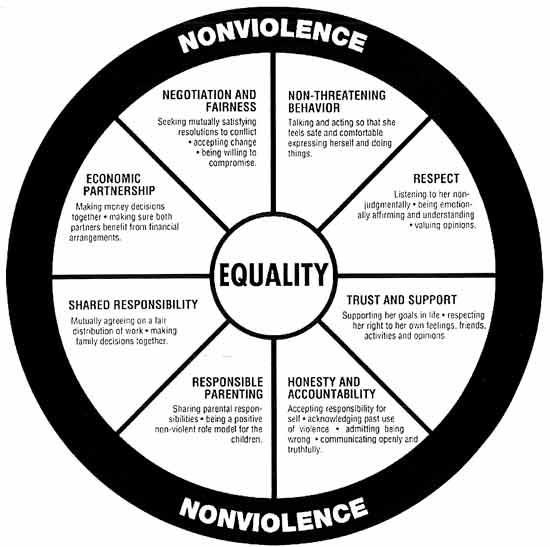 The most important factor in an interpersonal relationship is good communication. Active listening, verbal, paralanguage, body language, and written communication skills are the essence of how humans relate to each other personally and professionally. If there is no communication, there can be no relationship. Healthy relationships depend on effective communication, and people are always encouraged to improve their communication skills in order to interact more effectively with others.
The most important factor in an interpersonal relationship is good communication. Active listening, verbal, paralanguage, body language, and written communication skills are the essence of how humans relate to each other personally and professionally. If there is no communication, there can be no relationship. Healthy relationships depend on effective communication, and people are always encouraged to improve their communication skills in order to interact more effectively with others.
Along with characteristics such as trust, honesty, respect, and support, communication is one cog in the wheel of equality and is a key to healthy relationships. Although effective communication is a goal for many individuals and couples, language can be used in many different ways; sometimes with the intention to harm.
People may say “sticks and stones may break my bones, but word will never hurt me.” Someone who has experienced verbal abuse, however, will despise that saying. Although verbal abuse does not leave black eyes or visible bruises, it is often more seriously damaging to a victims self-image than physical violence. Verbal abuse can be brutal to endure and often leaves deep emotional scars within the victim.
While not given much attention, verbal abuse is the most common type of domestic violence and can take on many different forms. Verbal abuse ranges from simply telling someone they are too sensitive, to telling someone they do not deserve to live. An abuser may use verbal attacks and humiliate his or her partner either in private or in public. Broken promises, mind games, coercive behavior, harassments, and threats are other common forms of verbal abuse.
Except from name-calling, most people do not recognize they are being verbally abused. Therefore, it can become an effective weapon for the abuser in controlling the victim. A victim may also know through experience that the abuser will at times back up the verbal threats or taunts with physical assaults, which lets the abuser exercise his or her controlling power even further. Many times, abusers make their victims feel guilty for the unhealthy situation and they may feel as if he or she deserves being abused.
Verbal abuse often intensifies over time and may escalate into physical abuse later on. What often confuses the victim about the severity of the situation is the abuser’s shifting behavior. In public the abuser may be an extremely charming and loving person, while he or she saves the cruel behavior for a private audience of one.
One of the most devastating effects of living with a verbal abuser is the change in self-esteem. The more criticism the victim is exposed to, the more he or she will believe it is valid, continuously lowering his or her self-image. They begin feeling worthless, incompetent, and unlovable, and may even start thinking that if this person loves them, they should hold on to their partner despite the abuse. Once the verbal abuse has destroyed the victim’s self-esteem completely, leaving the abuser may be harder than ever and the victim becomes a prisoner in his or her own relationship without even realizing the severity of the situation.
Every relationship begins with some form of communication, and every relationship requires communication in order to survive. Every relationship should also be violence-free in order to be healthy. Therefore, verbal communication is a vital ingredient, but only as long as words are used to help and not to hurt.
If you or someone you know is affected by domestic violence, Hubbard House can help. Please call the Hubbard House domestic violence hotline at (904) 314-3114 or toll-free at (800) 500-1119.
ABOUT HUBBARD HOUSE
Hubbard House is a nationally recognized leader in domestic violence intervention. Founded in 1976, Hubbard House is a certified, comprehensive domestic violence center providing programs and services to more than 5,000 women, children and men annually in Duval and Baker counties. While Hubbard House is most known for its emergency shelter, the agency also provides extensive adult and youth outreach services, school-based education, therapeutic child care, batterers’ intervention programs, court advocacy and volunteer and community education opportunities. Visit www.hubbardhouse.org to learn more.
By Vicky Krook
